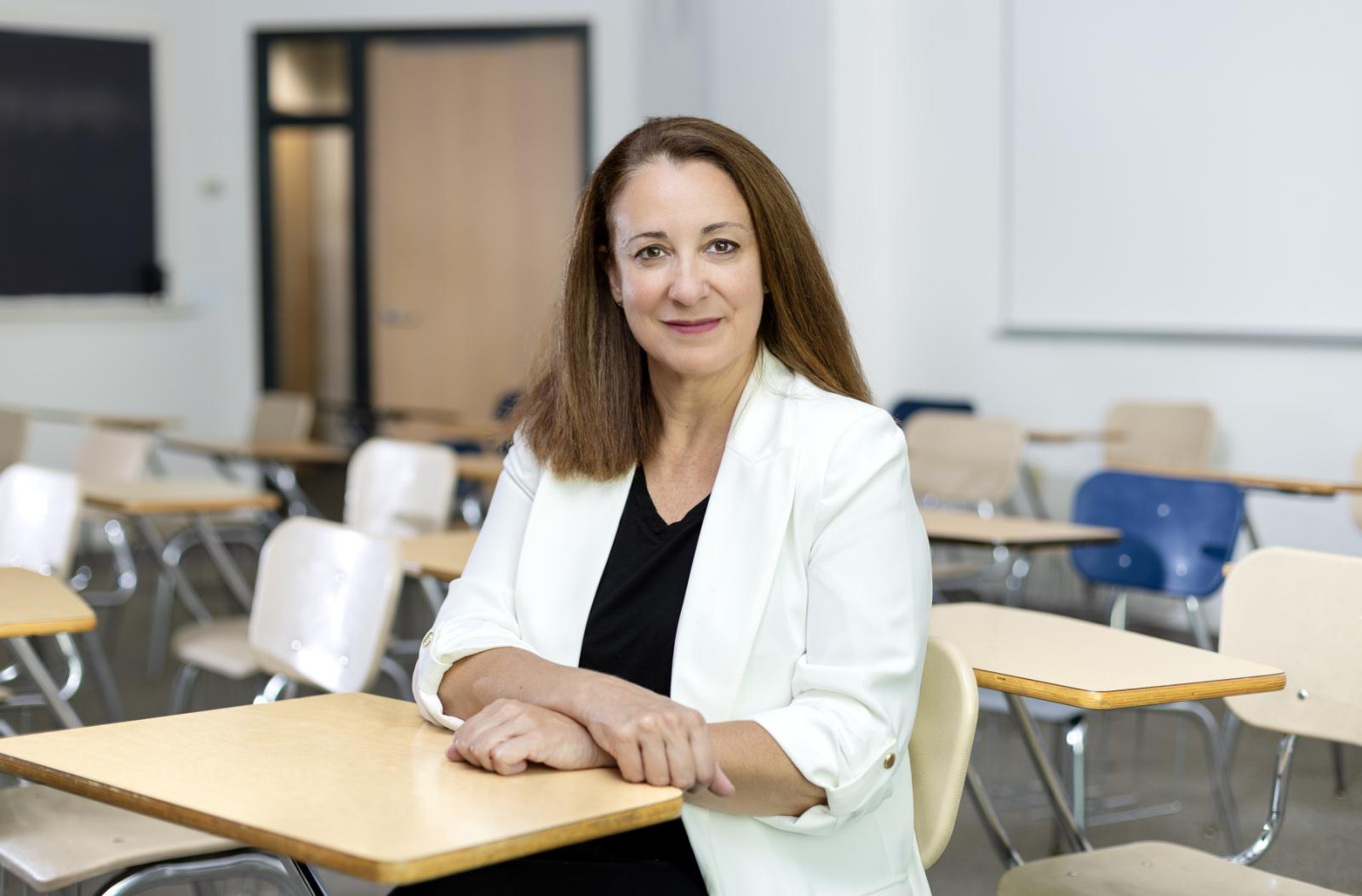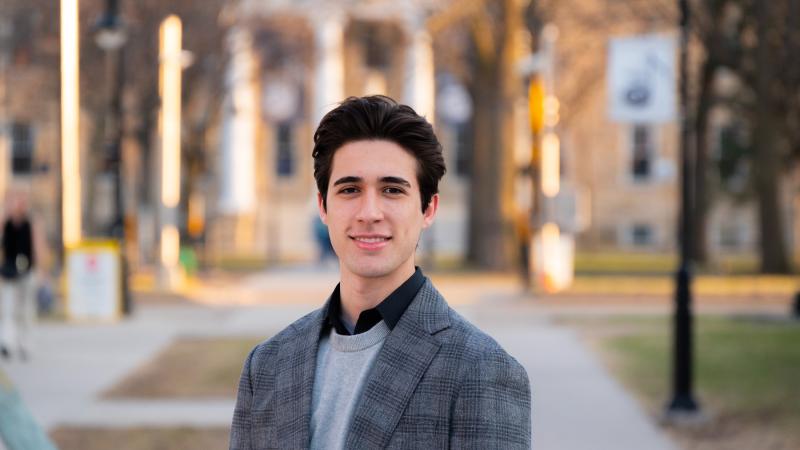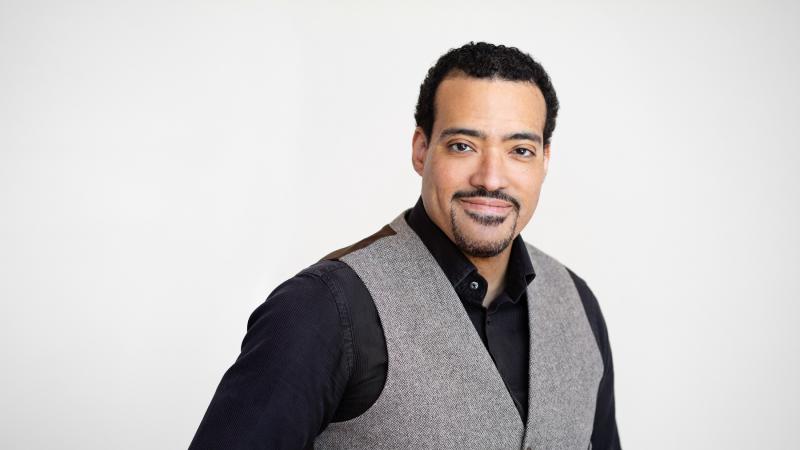Rosa Tapia, a professor of Spanish at Lawrence University, has begun a four-year term as the national leader in the evaluation of the College Board’s Advanced Placement (AP) Spanish exam.
A member of the Lawrence faculty since 2002 with a focus on Spanish and Latin American film and 20th-century Spanish literature, Tapia has been actively involved in the AP Spanish Language & Culture program since 2007. Her appointment as the national chief academic consultant for AP Spanish—affectionately known as the “chief reader”—began July 1.
“It is an absolute honor for me to guide an exceptional group of approximately 1,500 faculty from over 1,200 colleges, universities, and secondary schools worldwide, all coming together to shape the future of Spanish language education,” Tapia said.
Share perspectives on art, literature, history, and film from the Spanish-speaking world; study linguistics and bilingualism in the United States.
AP exams, offered by the College Board, are taken by high school students each spring, a culmination of year-long AP courses. AP exams can lead to college credits and assist colleges and universities with placement decisions.
For 16 years, Tapia has been part of a team of educators working with the AP Spanish program, evaluating students’ Spanish language proficiency, setting standards of evaluation, and establishing exam content. She has been invited to give talks and workshops to university educators and administrators across the country. Now she will lead that team over the next four years.
Get to know Rosa Tapia in our On Main Hall Green With ... faculty profile series.
Tapia called her appointment a “significant milestone that fills me with immense pride and a profound sense of responsibility.”
That responsibility revolves around establishing robust and equitable standards that guide colleges and universities in granting well-deserved AP credit and placing students in appropriate courses.
“This work holds immense significance for Lawrence and for over 2,600 institutions of higher learning across the nation,” Tapia said. “These include highly selective colleges and flagship public universities that entrust my team's expertise to make decisions that significantly impact the academic futures of countless students.”
In the process, Tapia’s role elevates Lawrence’s profile and visibility on a national scale.
“As educators and students across the country become more acquainted with my representation of Lawrence's commitment to academic excellence, I hope that they consider our campus an appealing choice for those seeking a nurturing, transformative, and forward-thinking educational environment,” she said.
Over the course of the next four years, Tapia will oversee the evaluation of Spanish language proficiency for more than 700,000 students. AP Spanish participants include students from all backgrounds who choose to immerse themselves in the Spanish language and its cultures. The AP program draws both Latinx students who identify as heritage learners—many are growing up in multicultural environments and not automatically fluent in Spanish—and students who are second-language learners.
“For many, the AP Spanish program serves as a gateway to other AP classes, a strong incentive to pursue a college education, and a reliable predictor of future academic success and degree completion,” Tapia said. “Through my role, I aim to contribute to increased access to higher education for underrepresented communities. The AP Spanish Language & Culture program serves as a vital pathway for these students to realize their aspirations of a college education.”
Tapia said she’s looking forward to deeper collaboration with Spanish language educators nationwide, building community while elevating dialogue.
“This is pivotal in creating an inclusive environment where educators from various backgrounds across the country and beyond unite for a common purpose,” she said.
The AP leadership is an extension of the work Tapia has been doing at Lawrence for more than two decades. That includes co-founding the annual Latin American and Spanish Film Festival on campus. She helped launch the festival in 2012, bringing award-winning films from Latin America and Spain to Lawrence and connecting the community to national and international filmmakers.
Tapia, who holds a doctorate in Spanish from Penn State University, a Master of Arts in Spanish from the University of Delaware, and a Licenciatura in English philology from the University of Granada in Spain, has been a leader in academic advising at Lawrence, receiving the Excellence in Advising Award in 2014 and serving as faculty director of advising from 2016 to 2020. She chaired a task force that developed a new guide and resource page for advising and led initiatives that improved connections between faculty advisers and students.
In 2021, she was one of three Lawrence professors featured in AP Daily, a series of video lectures aimed at supporting high school students taking AP courses during the pandemic. Her new leadership role with AP Spanish is a next step, one with national significance.
“Ultimately, my journey reflects Lawrence University's commitment to nurturing excellence, particularly in the realms of language and culture studies,” Tapia said. “Equally significant, it is about upholding values of empathy, responsible citizenship, and integrity.”




